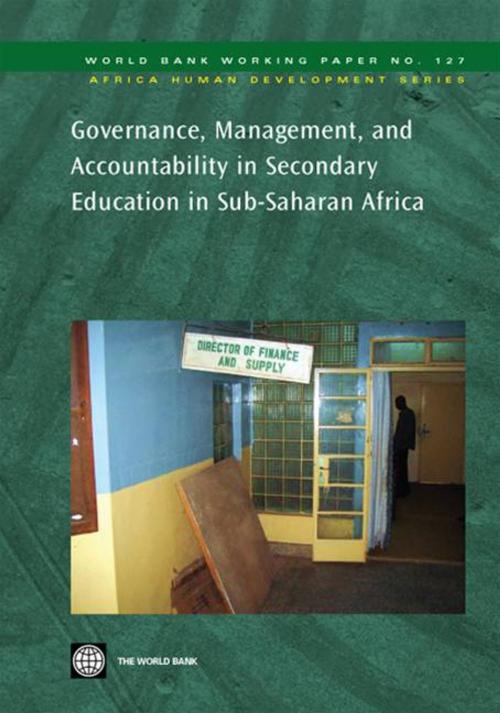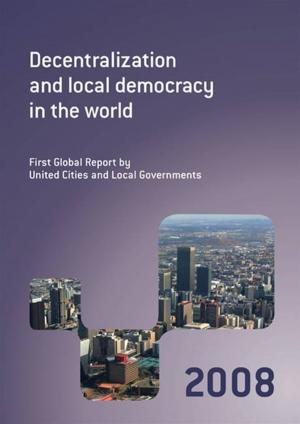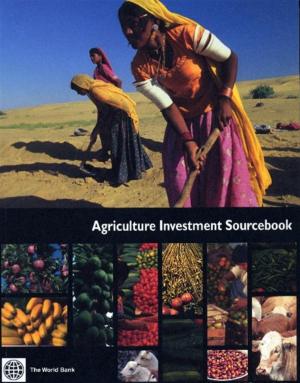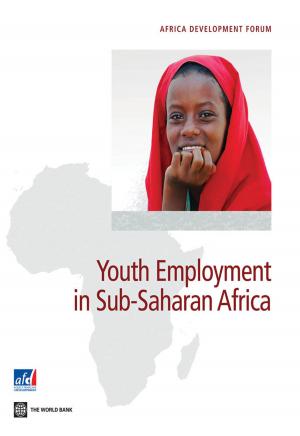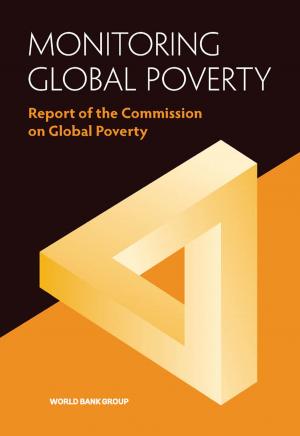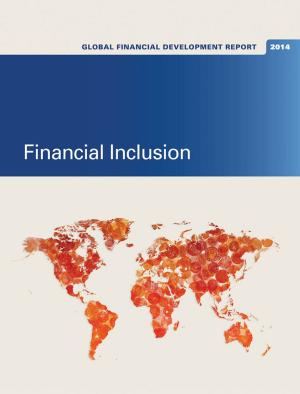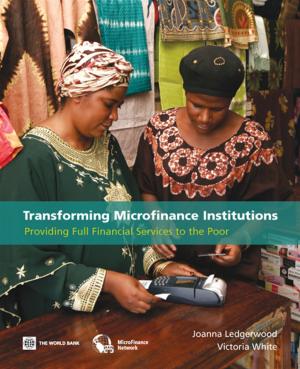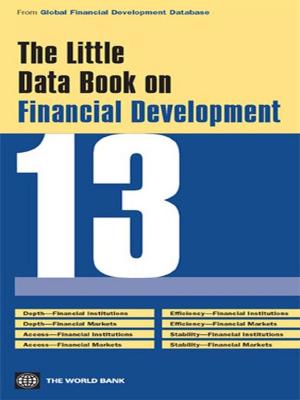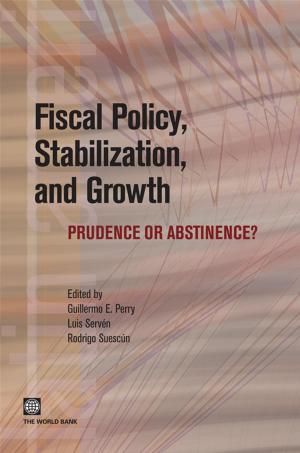Governance, Management, And Accountability In Secondary Education In Sub-Saharan Africa
Business & Finance, Business Reference, Education| Author: | World Bank; | ISBN: | 9780821373460 |
| Publisher: | World Bank | Publication: | January 31, 2008 |
| Imprint: | Language: | English |
| Author: | World Bank; |
| ISBN: | 9780821373460 |
| Publisher: | World Bank |
| Publication: | January 31, 2008 |
| Imprint: | |
| Language: | English |
Increasingly the role of management and governance is recognized as important for providing and delivering effective services at all levels of education. In view of the growing demand for more and better services at secondary education levels, these are crucial issues that must be addressed urgently. Sub-Saharan Africa's secondary education and training systems must become more efficient and more effective. The current (unit) costs of junior and senior secondary education in most African countries prevent massive expansion of post-primary education. This demands a holistic approach to governance and management issues. In parallel, there is a demand from civil society and governments for greater accountability.This study aims at presenting best practices and identifying sustainable development plans for expansion and improved quality and efficiency in the delivery of secondary education in Sub-Saharan Africa through better governance, management, and accountability.
Increasingly the role of management and governance is recognized as important for providing and delivering effective services at all levels of education. In view of the growing demand for more and better services at secondary education levels, these are crucial issues that must be addressed urgently. Sub-Saharan Africa's secondary education and training systems must become more efficient and more effective. The current (unit) costs of junior and senior secondary education in most African countries prevent massive expansion of post-primary education. This demands a holistic approach to governance and management issues. In parallel, there is a demand from civil society and governments for greater accountability.This study aims at presenting best practices and identifying sustainable development plans for expansion and improved quality and efficiency in the delivery of secondary education in Sub-Saharan Africa through better governance, management, and accountability.
